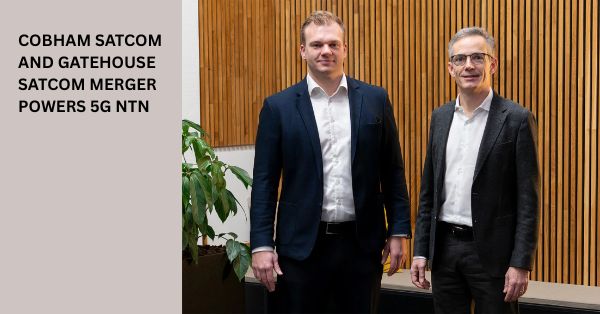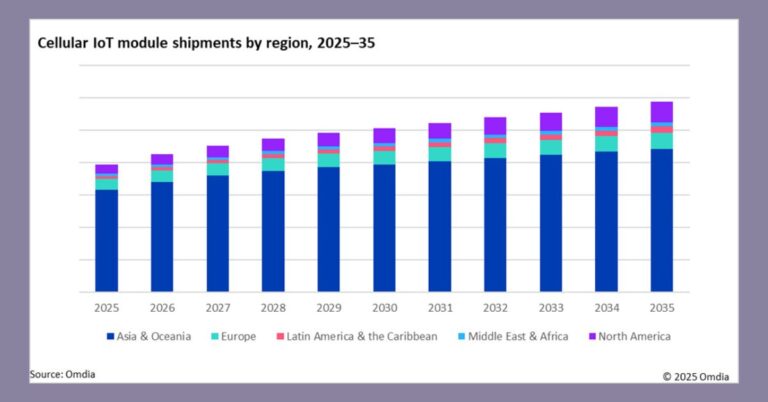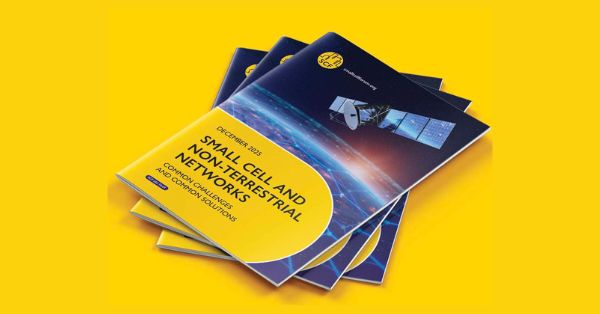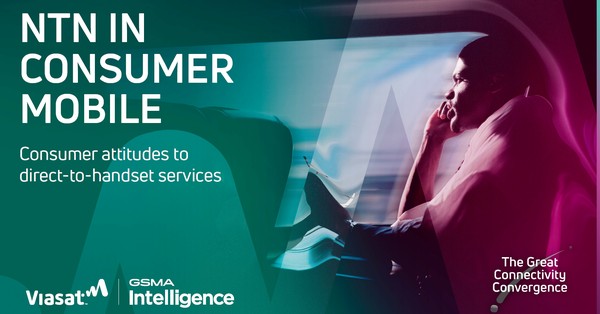Deutsche Telekom and Microsoft have announced a partnership to build private 5G networks, referred to as 5G campus networks. The first pilot project has been successfully launched with a large pharmaceutical firm in Germany.
Pay-as-you-grow model
By introducing a pay-as-you-grow model and price plans, Deutsche Telekom is now providing an even stronger portfolio of 5G private networks for industrial use throughout Europe. This lowers the barriers to entry for those looking to deploy their own 5G campus networks, making it more accessible than ever before.
By capitalizing on Microsoft Azure private MEC and their new 5G Core service, implemented on Azure Stack Edge, DT’s solution provides customers with a secure and reliable network across multiple sites. The newly developed concept integrates existing and new applications to deliver secured cloud-managed solutions at the edge swiftly.
End-to-end solution for customers
Deutsche Telekom plans to provide its customers with a comprehensive private network build-out, from the planning stages all the way through building it using Azure services. Radio access networks and operations are included as part of this managed service package, along with robotics, video analytics, and Internet of Things implementations that have been validated by their ISV (Independent Software Vendor) program for Azure private MEC. By putting together an end-to-end service for business clients based on customer-specific needs, DT creates high-quality, tailored solutions prepared specifically for them.
Last year, Deutsche Telekom and Microsoft teamed up to trial a new private 5G network solution in the laboratory of Bonn, Germany. As a next step – now they’ve taken their partnership one step further by launching a field trial with a leading pharmaceutical organization based in Germany. The pharmaceutical organization is putting the power of 5G to use for various objectives, such as remote maintenance through AR glasses and object recognition on forklifts within warehouses for stock monitoring and automatic barcode scanning purposes.
According to Hagen Rickmann, Managing Director of Business Customers at Deutsche Telekom in Germany, the new 5G campus network solution makes it simple and affordable for customers of all sizes – from small to medium businesses to those with an existing Microsoft Azure landscape -to access 5G technology and embrace digitalization. This comprehensive yet flexible solution ensures every business can reap the advantages of utilizing 5G technology.
With the German industry taking the lead on Industry 4.0 Transformation, Microsoft is thrilled to assist Deutsche Telekom in offering complete solutions that include a private cloud-managed network and an extensive selection of Modern Connected Apps. Businesses will reap the rewards from these ready-to-deploy applications over-optimized networks, allowing them to expedite their transformation process – as Shriraj Gaglani, VP of Product Management at Microsoft, noted.







































